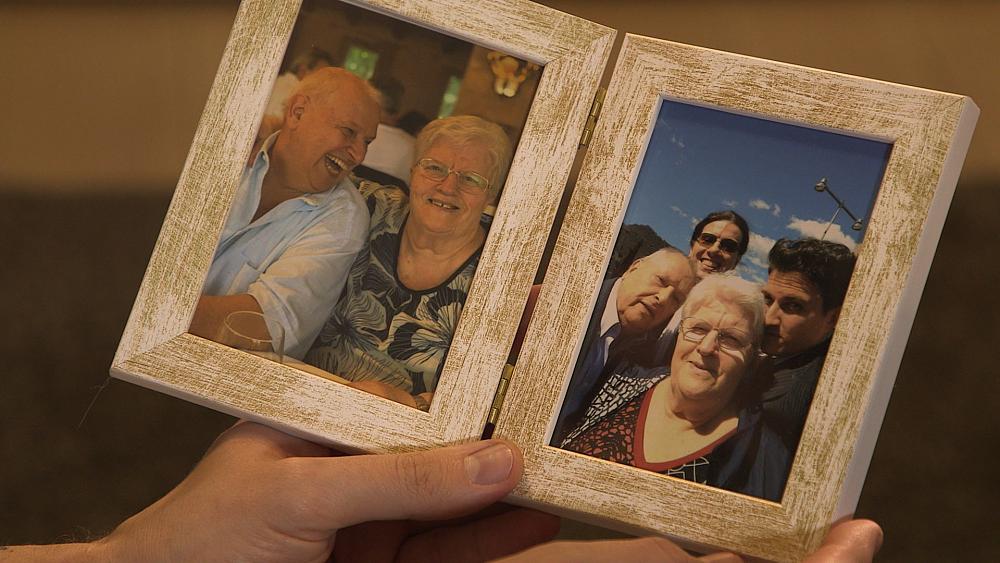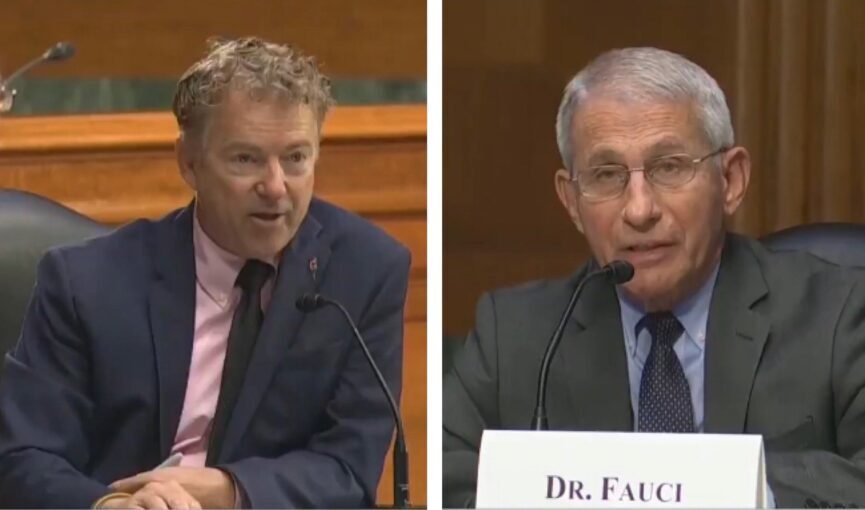
In March 2020, the main hospital in Bergamo in the Lombardy region of Italy became the European epi-centre for an unfolding pandemic.
In some places around Bergamo, COVID-19 took more lives in three weeks than in the whole of 2019. This heavy death toll has left many scars still visible to this day.
Matteo Cella has been a priest for 10 years in Nembro, one of Bergamo’s hardest-hit municipalities. Between March and April 2020 almost 2% of the population there died. Father Cella’s evening services now often turn to remembrance for those taken by the virus.
He says that it’s not all about statistics, behind the numbers are people, people special to communities. He remembers a 58-year-old midwife and active volunteer at his parish. He recounts how well known she was and how eager she was to assist mothers in need. She cared for her mother who got sick with COVID-19 and died. She herself died shortly after from the same illness, just weeks after becoming a grandma.
At the start of 2020, the mortality rate in Bergamo rose by 400% compared to the previous year. Church bells stopped announcing the deaths of parishioners; they had become a source of anxiety and fear.
Funeral homes were submerged. Local graveyards had to halt operations.
Father Cella remembers that time with sadness:
“We came here in limited numbers; only close relatives. We celebrated just a brief funeral rite, a ´blessing of the souls. Each rite lasted just a few minutes. It was a very intense moment. It was the only means, the only language at our disposal to bring back a bit of humanity to the final stages of these lives that had been so neglected. Many of the victims had died in total solitude, far from their loved ones”.
Sara and Diego know what it’s like to lose loved ones in complete solitude. Diego is a metal worker, he lost his mother and his father in the space of 4 days. Around the same time, Sara, a security guard at Bergamo Airport, lost her father.
Diego tries to hold back the tears when he describes what happened to his father. He tells me that his dad “gave his life for his sons and yet my dad died alone. My mum was the same, she also died alone. Nobody should be in such a situation”.
Sara’s story is a similar one. Her father was 67 and in good health. He came down with a fever that he couldn’t shake. Their doctors said it was a respiratory disease and that they should not panic because if he didn’t have respiratory problems and hadn’t been in contact with any Chinese people then he would be alright, it was probably just the flu. When the fever didn’t stop, Sara’s mum took her dad to the hospital and that was the last time any member of the family saw him.
Sara and Diego met whilst still mourning. They now live together. They are members of “Noi Denunceremo” (We will denounce) an association looking for answers and justice for what happened first in Bergamo, and then nationwide.
Diego says he is angry that his parents were gone before their time. Being a member of “Noi Denunceremo” helps him fight for justice. They’re looking for answers and trying to understand whether rules were respected.
Captain Karim Rachedi works at a drive-through test centre in Milan that can process up to 500 people a day. He is 29-years old and an army doctor. He served in Afghanistan and Lebanon. At the start of the first wave, he was dispatched to Bergamo’s overwhelmed main hospital.
He agreed to accompany us to the place where so many tragedies unfolded before his eyes.
He remembers one man in particular. He was at the hospital and could not stop crying. He told Karim that his son had been hospitalised there for several days and the man was very worried. His son was young, in his forties. Karim checked the database and saw that his son was in intensive care. After a telephone call to the service, he found that his son had died just a few minutes earlier.
After experiencing war zones as an army doctor, Karim says he had never been in this kind of position before. He had to tell the father that his son had just passed.
Despite this, Karim also recalls moments that restored hope:
“My nicest memory involves one of our patients. He had been hospitalised in a critical state. He eventually recovered and was then released. He worked as a carpenter. Some time later he came back with several small hearts carved from wood, which read ” Mola mai”. This is Bergamo slang for the Italian expression “Non mollare mai”, “Never give up”.
Bergamo and its surrounding areas are still learning to live with the pandemic.
Father Matteo has created support groups for teenagers, whose lives have been heavily disrupted by the pandemic.
As well as pain and suffering, he believes the tragedy has brought a new sense of belonging and solidarity. He told me that many people in the area have used the pandemic to find ways to be useful to the community. They’ve used the time to reflect on personal growth and become more responsible. Not everyone has been able to do this, but there are “positive examples of people who have not let themselves be defeated by fear and resignation”.
Related posts:
Views: 0
 RSS Feed
RSS Feed

















 January 9th, 2021
January 9th, 2021  Awake Goy
Awake Goy 





 Posted in
Posted in  Tags:
Tags: 
















